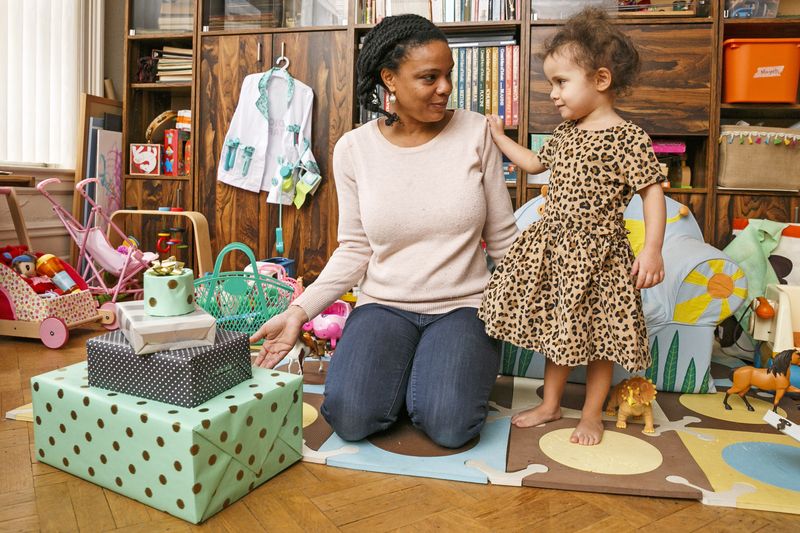We often think of politeness as a universally appreciated trait. However, some well-meaning gestures can backfire, leading to discomfort rather than harmony. Whether it’s the overzealous pleasantries or the subtle gestures that miss the mark, not all polite habits are as welcome as they might seem. This post explores twelve such habits that, despite their good intentions, tend to irk or frustrate those on the receiving end. By understanding these nuances, we can navigate social interactions with more awareness and empathy.
1. Over-apologizing

Ever caught yourself uttering “sorry” more times than you can count? While it’s essential to acknowledge mistakes, excessive apologies can dilute sincerity. It may even annoy the very people you’re trying to placate.
Constant apologies can come across as a lack of confidence. It may also deflect the focus from actual issues, creating unnecessary tension. Instead, a simple acknowledgment when truly needed is far more effective.
Consider this: Does every small mishap warrant an apology? By limiting apologies to when they truly matter, you maintain integrity and respect.
2. Unwanted advice

Picture this: A friend shares a personal problem, and before you know it, you’re doling out advice like candy. Sometimes, people just want a listening ear, not a lecture.
Offering unsolicited advice can feel intrusive, as if you are assuming superiority. It often results in the opposite of what you intend, alienating rather than helping.
Why not just listen? Understanding when to offer advice and when to simply empathize is a skill worth mastering in any relationship.
3. Excessive compliments

Compliments are usually welcome, but showering someone with them incessantly can feel insincere. It’s like being caught in a spotlight when all you want is to blend in.
Excessive compliments can put pressure on the recipient to respond graciously every time. It may also create an awkward environment, turning a friendly gesture into a burdensome obligation.
The key? Be genuine and moderate in your praise. A heartfelt compliment means more than a barrage of empty words.
4. Holding the door

Holding the door open is a kind gesture, right? But when you’re stuck holding it for a never-ending stream of people, it can transform into a comical predicament.
This habit, though polite, can sometimes create more chaos than convenience. It might even lead to impatience among others waiting their turn.
The art of door-holding lies in timing and context. Knowing when to let go is just as important as knowing when to hold on.
5. Over-gifting

Gifts are a way of expressing love, but overdoing it can be overwhelming for the receiver. Imagine a birthday party where the mountain of presents feels more like a burden than a blessing.
Too many gifts can lead to feelings of obligation or guilt, especially if there’s an expectation to reciprocate. It can overshadow the genuine joy of giving and receiving.
Moderation is key. A thoughtful gift speaks louder than a pile of presents. It shows care without overwhelming.
6. The ‘Silent Treatment’

The silent treatment is often used as a means to avoid confrontation. But silence can speak louder than words, creating a chasm between people.
It’s a passive-aggressive habit that leaves the other party guessing about the cause. Far from resolving issues, it often escalates tension and misunderstanding.
Open communication is a healthier approach. By expressing feelings directly, you foster understanding and connection.
7. Forced small talk

Small talk is a social lubricant, yet forcing it can feel like an intrusion. Picture yourself in an elevator, trying to escape the awkwardness of unwanted chatter.
Forced small talk can feel artificial, as if the silence needs to be filled at any cost. It often leads to discomfort rather than genuine connection.
Instead of feeling obliged to fill every silence, embrace the quiet. Meaningful conversations happen naturally when both parties are interested.
8. Standing too close

Personal space is sacred, yet some people unknowingly invade it. Standing too close can feel like an unwanted intrusion, pulling the recipient into an uncomfortable scenario.
This habit, often unintentional, can be perceived as disrespectful. It may lead to instinctive steps backward, creating a dance of distance.
Awareness is crucial. Respecting boundaries fosters a sense of comfort and mutual respect.
9. Insincere smiles

We all know the power of a genuine smile, but a forced one can be just as telling. Insincere smiles often fail to reach the eyes, leaving an impression of disingenuousness.
In social gatherings, such smiles can feel like a facade, creating a barrier rather than a bridge. People sense when a smile lacks authenticity.
Genuine emotion shines through without effort. A sincere smile connects more deeply than any feigned expression.
10. Over-sharing

Not all details need to be shared, especially in professional settings. Oversharing can blur the lines between personal and professional, leading to uncomfortable situations.
It can overwhelm the listener, especially if the information is more intimate than the relationship warrants. This habit often leaves both parties feeling awkward.
Discretion is key. Sharing should be measured and appropriate to the context and relationship.
11. Checking phones constantly

Amidst a face-to-face conversation, pulling out a phone can feel like a silent snub. It’s a habit that’s become all too common, signaling disinterest.
Constant phone checking interrupts the flow of interaction. It implies that whatever is on the screen is more important than the person present.
Focusing on the conversation at hand shows respect and engagement. Consider leaving the phone aside to foster genuine connections.
12. Talking over others

Interrupting others in conversation can be more than just rude; it’s a form of conversational dominance. This habit often leads to frustration and misunderstanding.
Talking over others can stifle dialogue and impede the flow of ideas. It can make people feel undervalued and reluctant to share.
Listening is an art. Giving others space to express themselves encourages mutual respect and understanding in communication.

